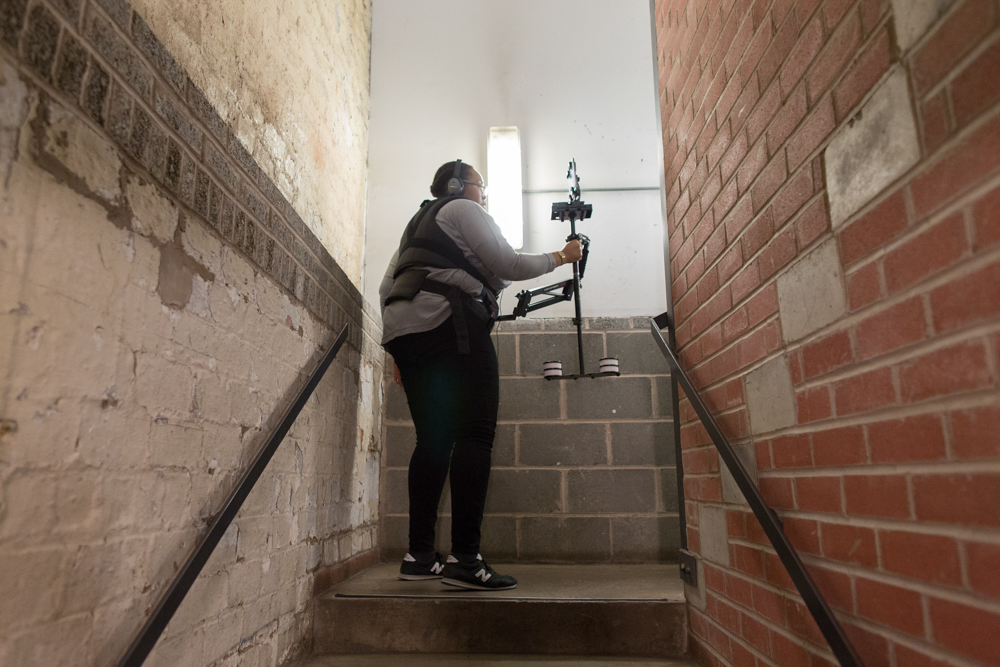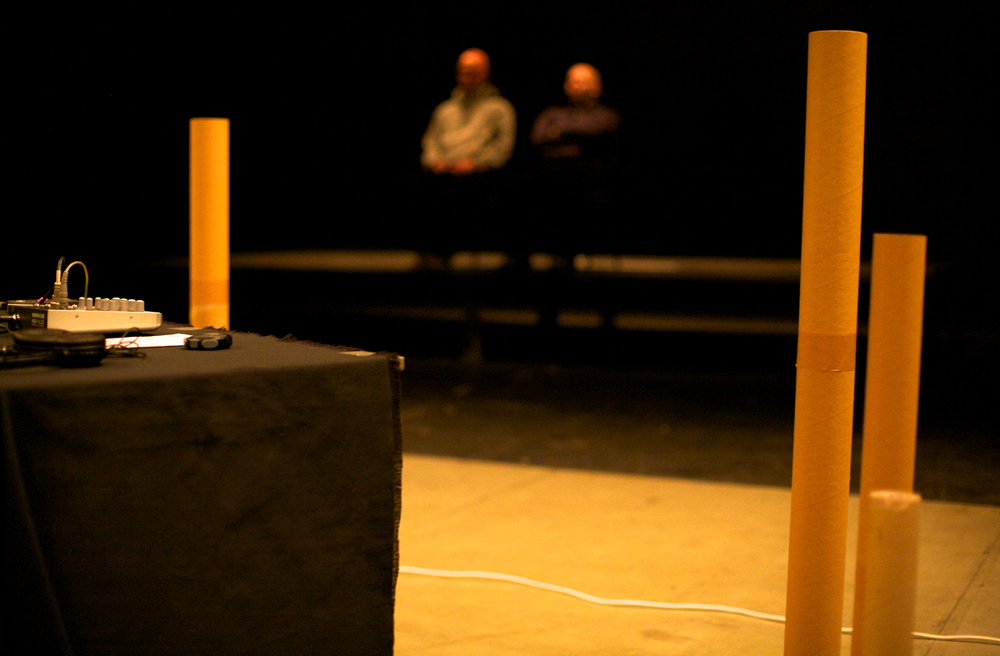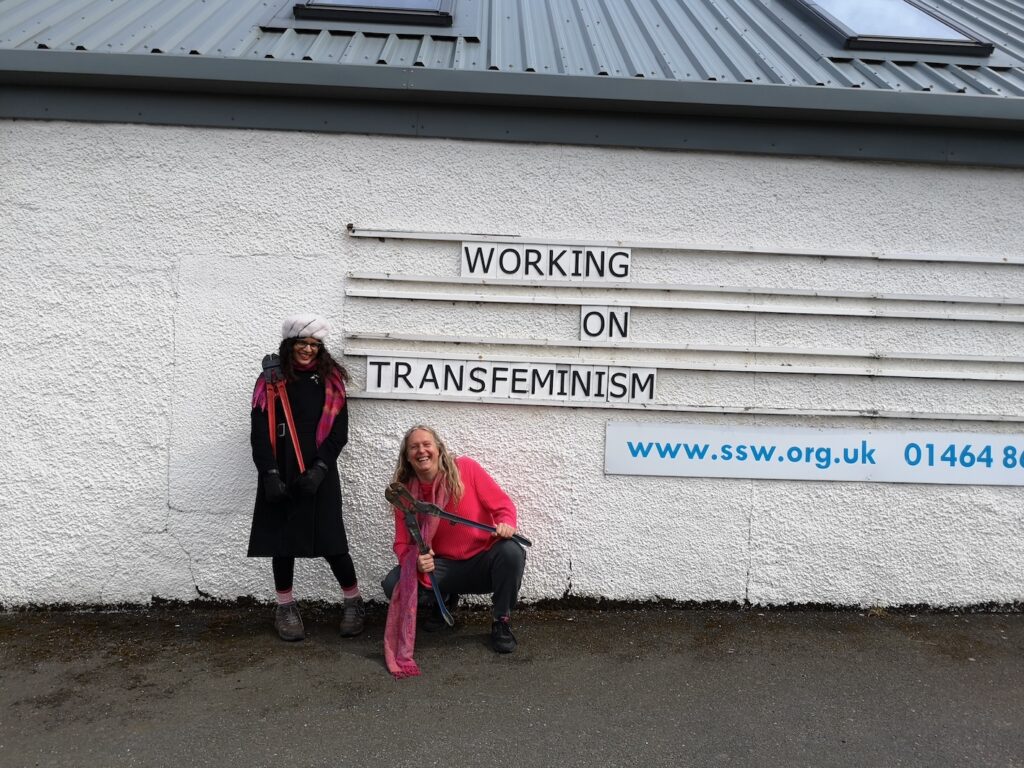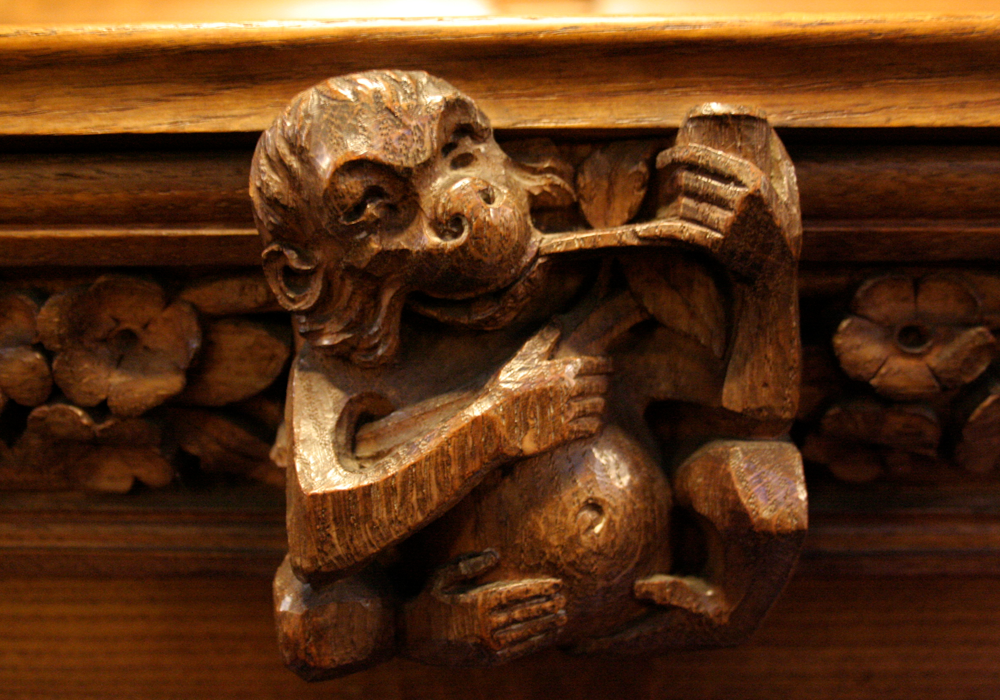
Personal Space
Aileen Campbell Neil Davidson
Personal Spaces: inversion of a territorial bell, confusing the realms between rehearsal and performance, public and private space.
Arika have been creating events since 2001. The Archive is space to share the documentation of our work, over 600 events from the past 20 years. Browse the archive by event, artists and collections, explore using theme pairs, or use the index for a comprehensive overview.

Personal Spaces: inversion of a territorial bell, confusing the realms between rehearsal and performance, public and private space.

Ken Jacobs chats to Edwin Carels: Edwin is a curator based in Ghent, responsible for some fantastic programmes of experimental film and art at the Rotterdam Film festival (amongst others).

Jumping off from Sun Ra’s thoughts on evil, and the Alien films, this performance will explore how the sociality Sondra wants to visualise and participate in has no interest in respectability.

Intriguing, underground, Berlin based musicians interested in the borders between music and theatre, language, the visual arts, politics.

When we look, how do we objectify the body; how can we reflect on our (self) image as a construction?

Nat Raha and Mijke van der Drift undertake two intensive writing residencies at Scottish Sculpture Workshop in Lumsden and Hospitalfield in Arbroath.

A performative survey of listening, as we managed to find it being used as a tool in different practices, disciplines and communities in North America (music, poetry, film, philosophy, activism…).

Quartet improvisation by Klaus Filip – laptop, Radu Malfatti – trombone, Sean Meehan – snare & cymbals, Taku Unami – rice and dish.

A trance inducing, flickering investigation of structural and minimalist droning from one of the key thinkers in sound and image over the last 50 years

Brain boiling duo improvisation by great Japanese no input mixing desk pioneer Toshi Nakamura and french organ philosopher Jean-Luc Guionnet.

Three short performances involving social exchange (jumpers, hats, glasses…) and singing (ballads)

Ten short intimate one-on-one conversations with Robert Softley Gale – We all want to see ourselves reflected in the world around us—in society, in art, in culture… in porn?